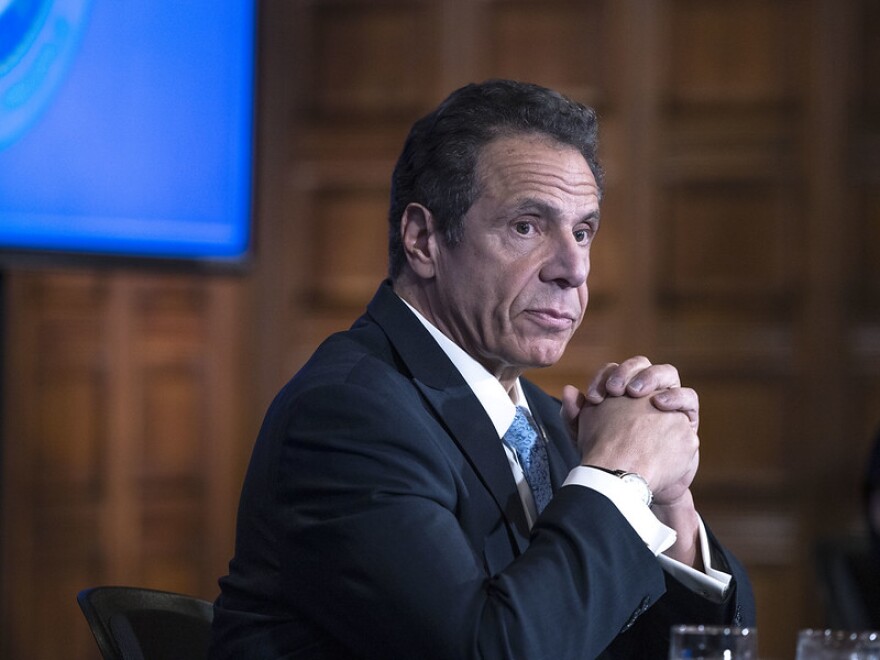The winter storm caused state vaccination sites to close in the downstate area. New York Governor Andrew Cuomo blamed the federal government for ongoing glitches in the state’s vaccine roll out.
The state’s vaccination program continues to be plagued by problems, and new data from New York City shows that communities of color are receiving the vaccination at lower rates than whites.
Of the 300,000 or so city residents who were vaccinated and who answered a question about their race, 48% were white, 15% were Latino and 11% were Black — 29% of New York City residents are Hispanic, and 24% are African American.
Cuomo said preliminary state data shows that the trend holds for hospital workers who were offered vaccinations in December and January. Cuomo said of the 70% of hospital workers statewide who are white, 63% took the vaccine. Latinos, who make up 8% of total hospital workers, made up 10% of the employees who received the shot. Asian-Americans, who are 11% of the health care workers, represented 16% of those taking the vaccine. But Black hospital workers, who are 17% of the total statewide health care workforce, took the vaccine at a rate of just 10%. Cuomo said he believes part of the issue is distrust of the vaccine, and the government telling workers to take it.
“The declination rate among Blacks in hospital settings where they are hospital workers, is much, much higher than it is among whites or Latinos or Asians,” Cuomo said. “So we know that there is a real distrust issue.”
The governor said he’s reached out to African-American led churches and is setting up vaccine pop up sites at public housing and at community centers to encourage more people to sign up for the vaccine. He said the state will soon begin an advertising campaign that specifically targets Black New Yorkers to build more trust.
Many seniors, who are eligible to receive vaccinations, have been unable to navigate complex websites to schedule appointments. The governor said the state has a hotline number to schedule appointments by phone. The number is: 1-833-NYS-4-VAX (1-833-697-4829).
Cuomo said at the root of the frustrations is that there just are not enough doses of the vaccine.
“I get it,” said Cuomo. “That is a situation created by the federal government initially, and it is a national problem and an international problem, that there is just not enough vaccine.”
Cuomo inadvertently created some confusion when he announced in the briefing that all of the state’s vaccination sites would be closed Monday due to the major winter storm affecting a large portion of the country. His chief of staff later clarified on Twitter that only the downstate centers were closed, and that upstate ones remained open.
The state’s hotline call center also seemed confused about the status of the vaccination sites. During a call to the hotline, a worker said the vaccination site at the State University of New York at Albany was closed Monday, due to snow. However, SUNY Albany and the other upstate sites were open.
Those who have appointments at centers that close due to the storm will receive new appointments by email or text.
Cuomo did not address a report in the New York Times that said nine top officials in the state’s health department quit since the summer, claiming that the governor was ignoring their expertise on key health policy decisions during the pandemic, including how to efficiently vaccinate the state’s population. The resignations include the deputy commissioner for public health, the state epidemiologist and the medical director for epidemiology and the director of the bureau of communicable disease control.
In a statement, Health Commissioner Dr. Howard Zucker suggested that the top officials who left were perhaps not up to handling the increased demands of their jobs during COVID. He said the “intense period of extraordinary stress and pressure” during the pandemic may have meant that is was a “different job” than some signed up for.


